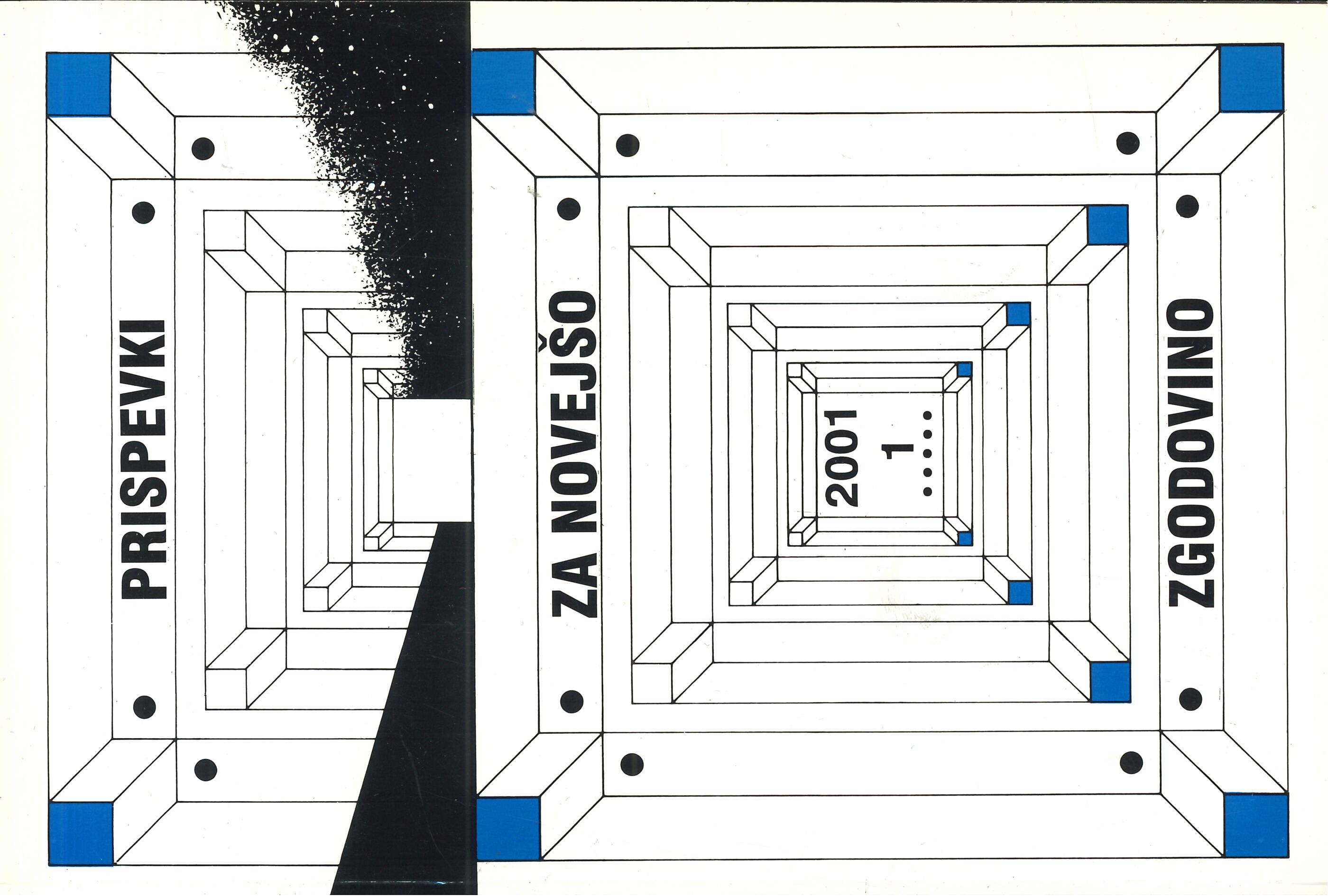The Question of the Ethnic Peculiarity of the Yugoslav Moslems in the Debate on the National Question by the Yugoslav Communists in 1923
Keywords:
Yugoslavia, Communist Party of Yugoslavia, The Kingdom of Serbs, Croats and Slovenes, Moslems, national questionAbstract
In the paper, the author presents the opinions of some members of the Communist Party of Yugoslavia who supported the idea of the Yugoslav Moslems as a separate ethnic group during a well known political debate on the national question in 1923. He concludes that this idea was officially accepted only in 1968 by the successor of the Communist Party, the Alliance of the Communists of Yugoslavia, when it was politically and constitutionally implemented within the framework of the Socialist Federal Republic of Yugoslavia. He also points out that the idea of the Moslems as a separate nationality, which first emerged in the Communist Party of Yugoslavia as early as 1923, was an integral part of the ideological, political, military and international endeavours to secure equality of the Moslem nationality in the complex relations between the Southern Slav nations in the twentieth century.
Downloads
Published
Issue
Section
License
Authors who publish with this journal agree to the following terms:
- Authors retain copyright and grant the journal right of first publication with the work simultaneously licensed under a Creative Commons Attribution License that allows others to share the work with an acknowledgement of the work's authorship and initial publication in this journal.
- Authors are able to enter into separate, additional contractual arrangements for the non-exclusive distribution of the journal's published version of the work (e.g., post it to an institutional repository or publish it in a book), with an acknowledgement of its initial publication in this journal.
- Authors are permitted and encouraged to post their work online (e.g., in institutional repositories or on their website) prior to and during the submission process, as it can lead to productive exchanges, as well as earlier and greater citation of published work (See The Effect of Open Access).


